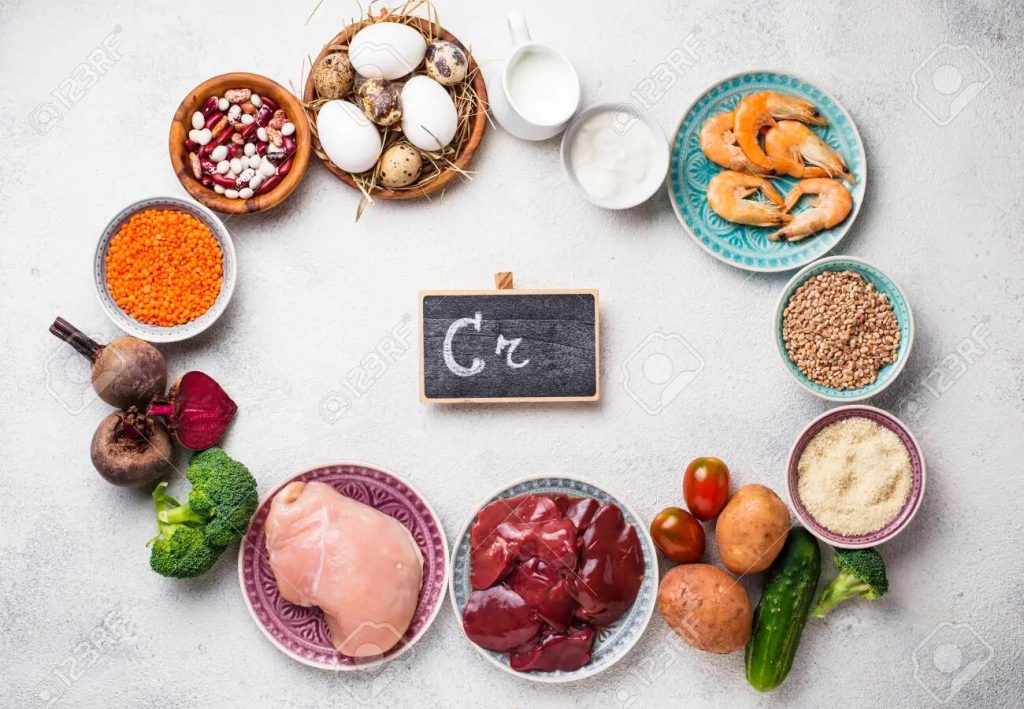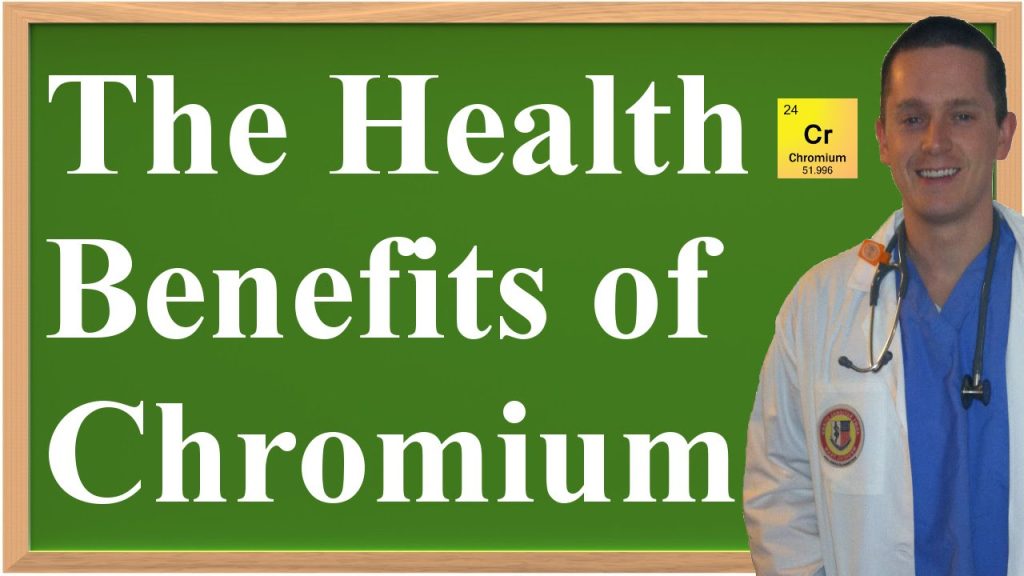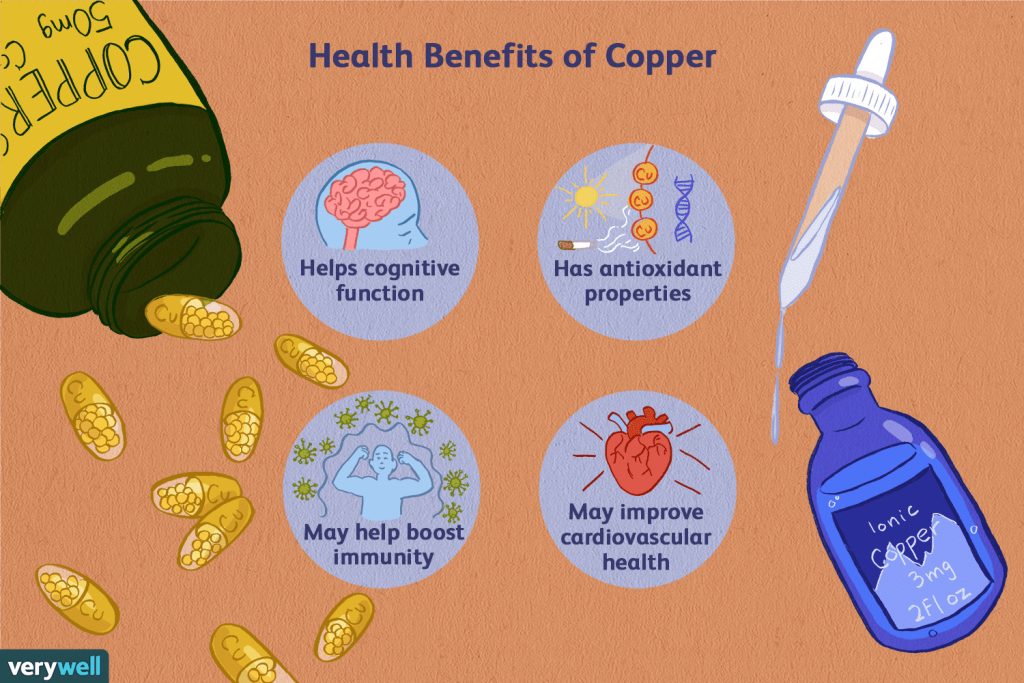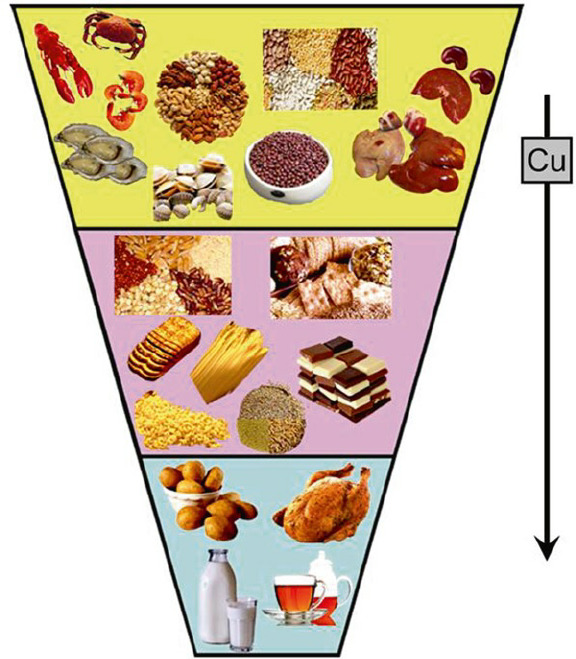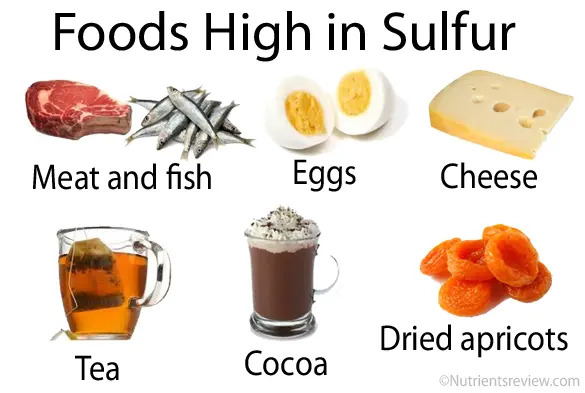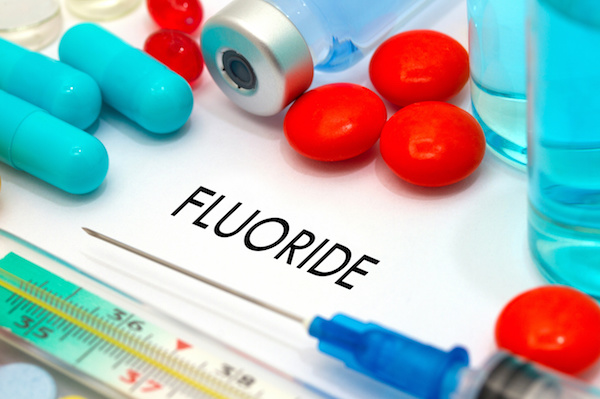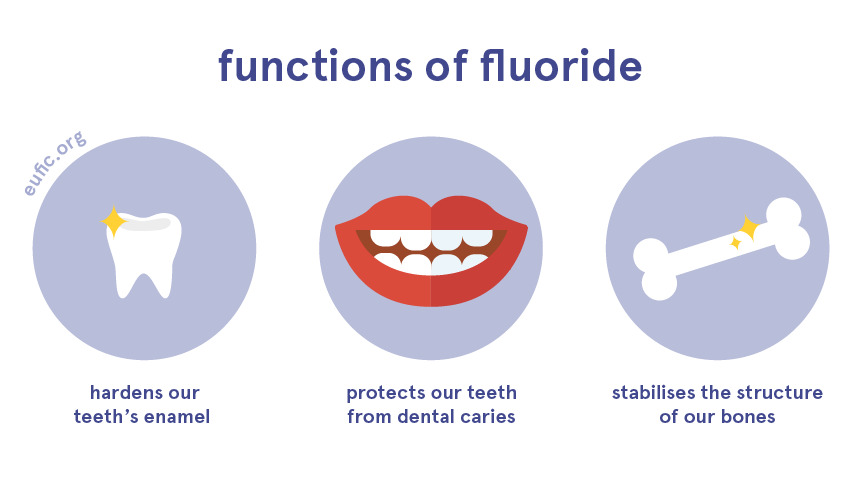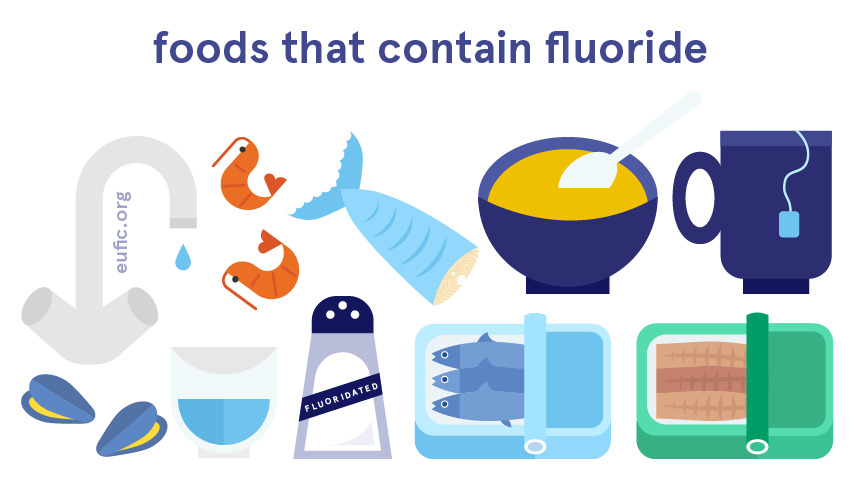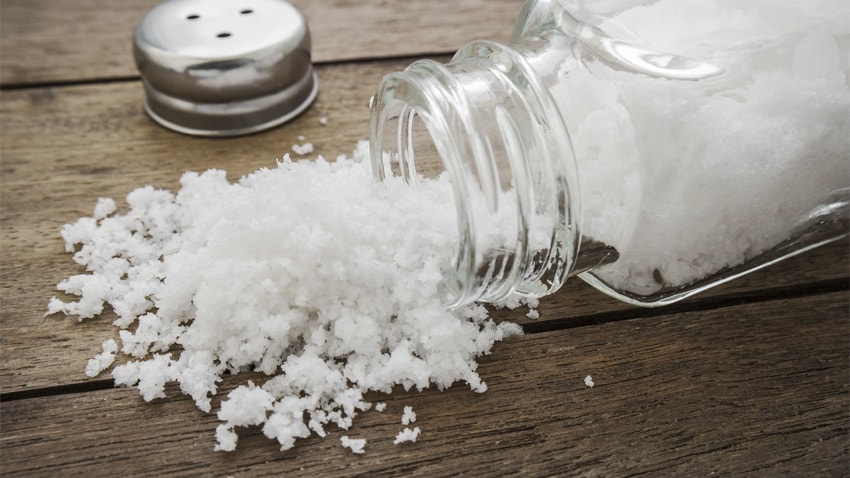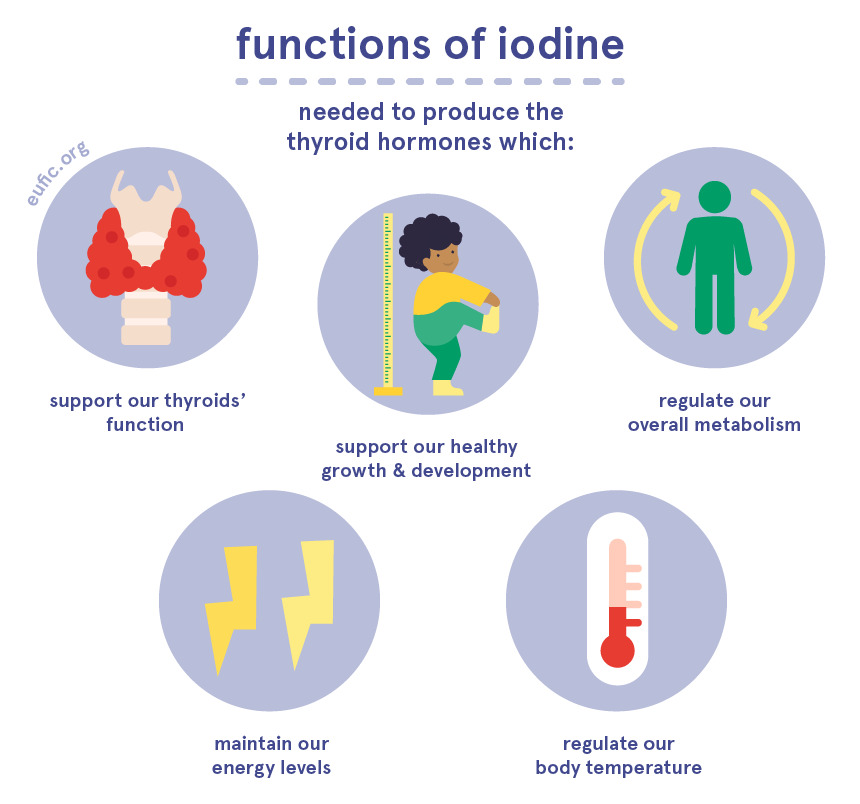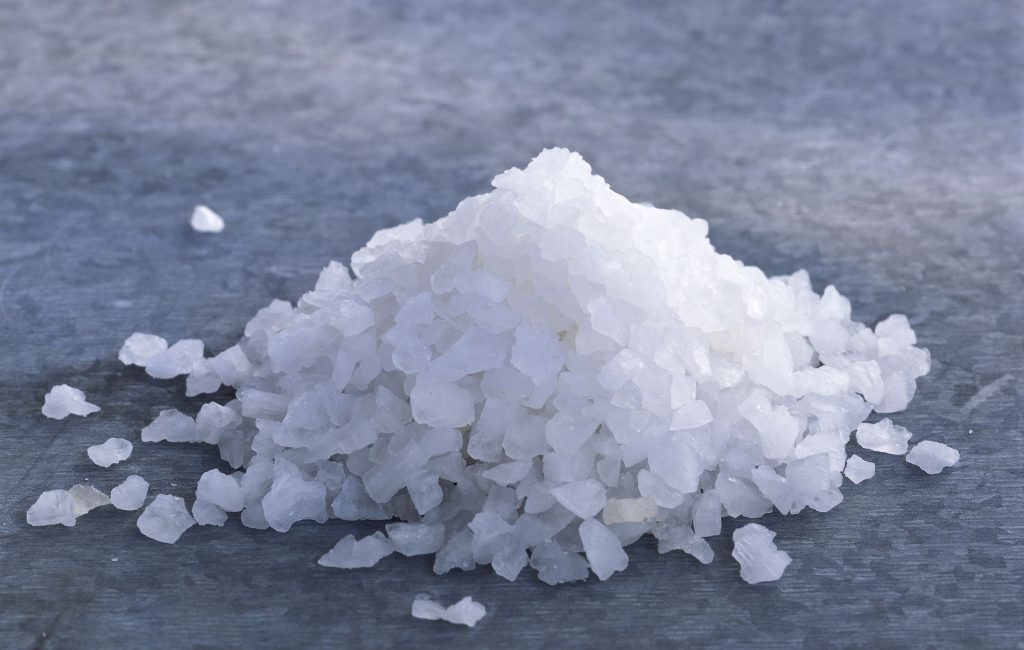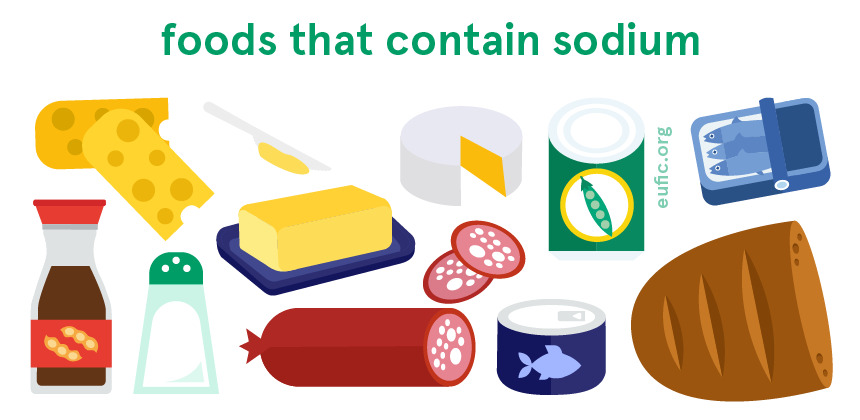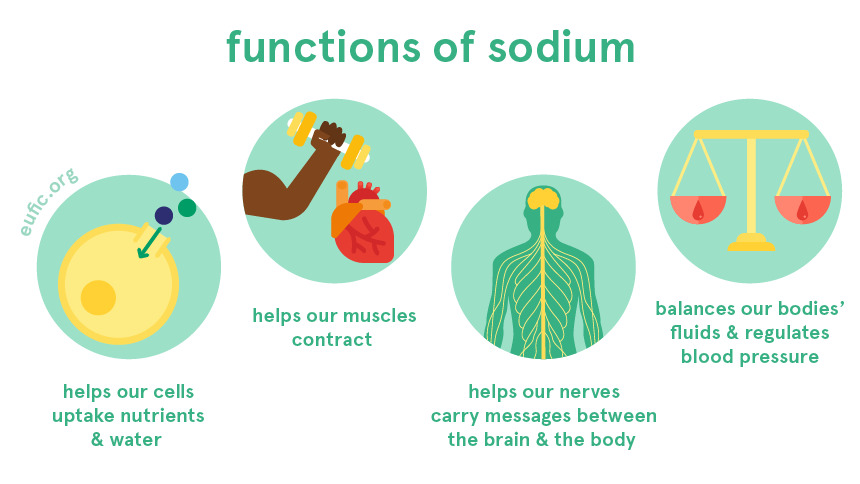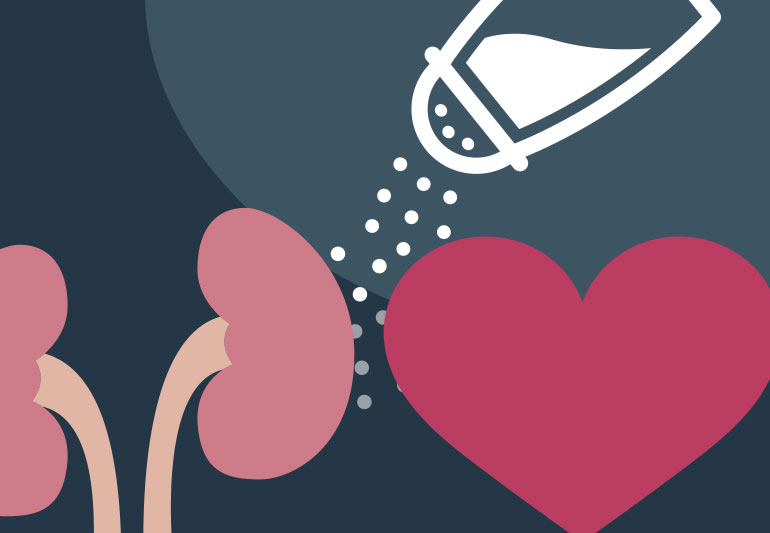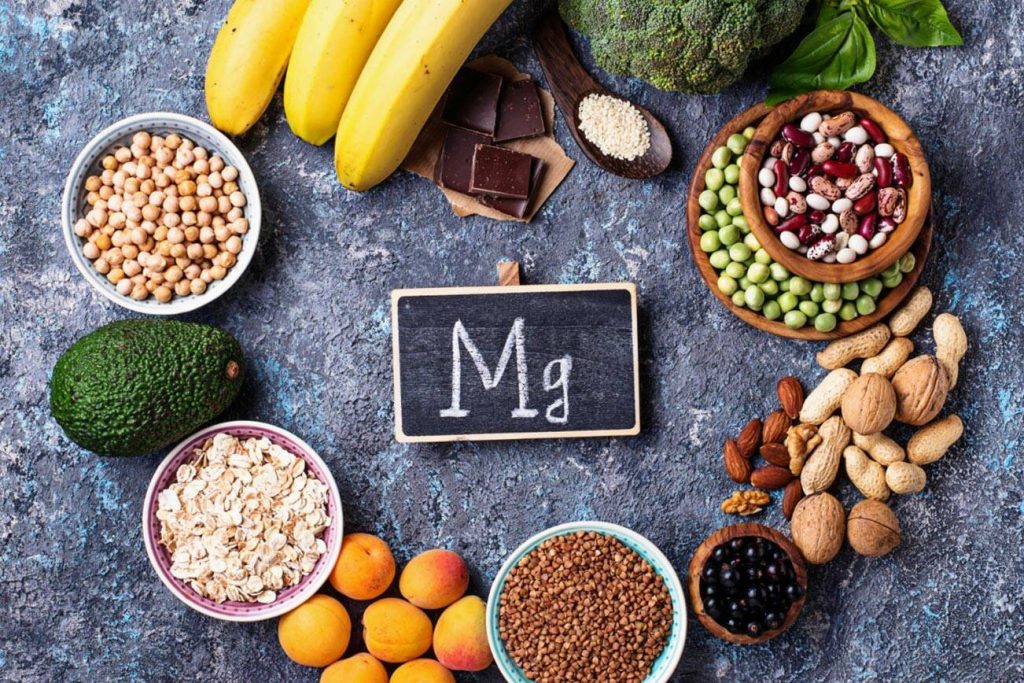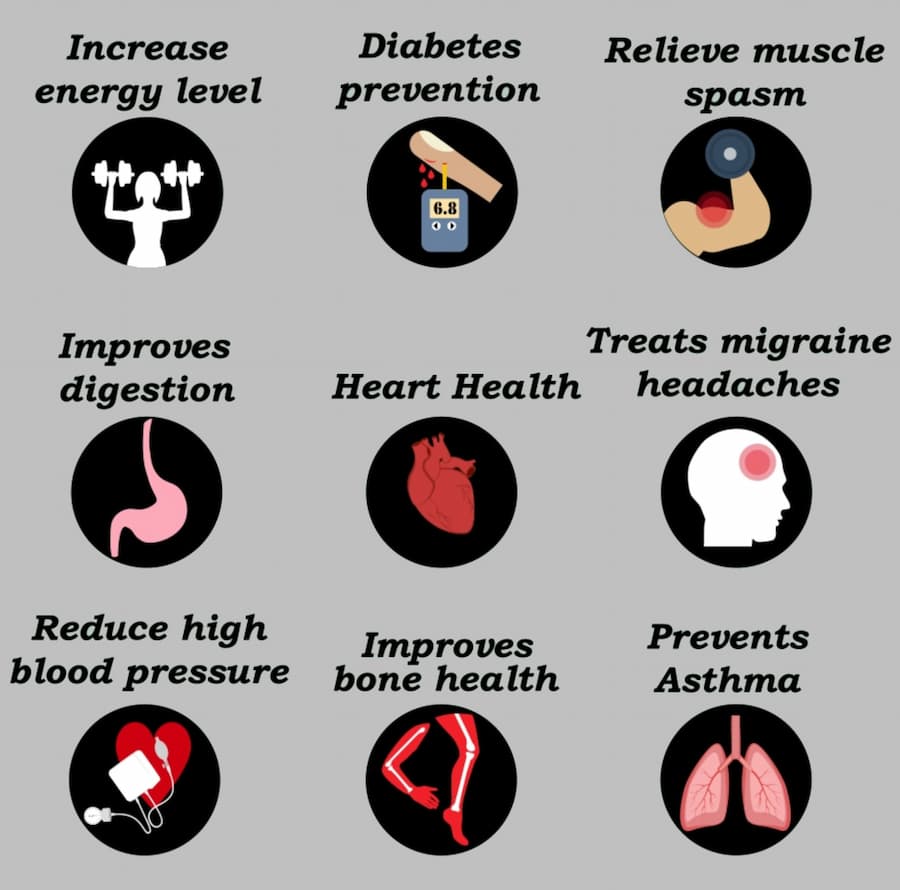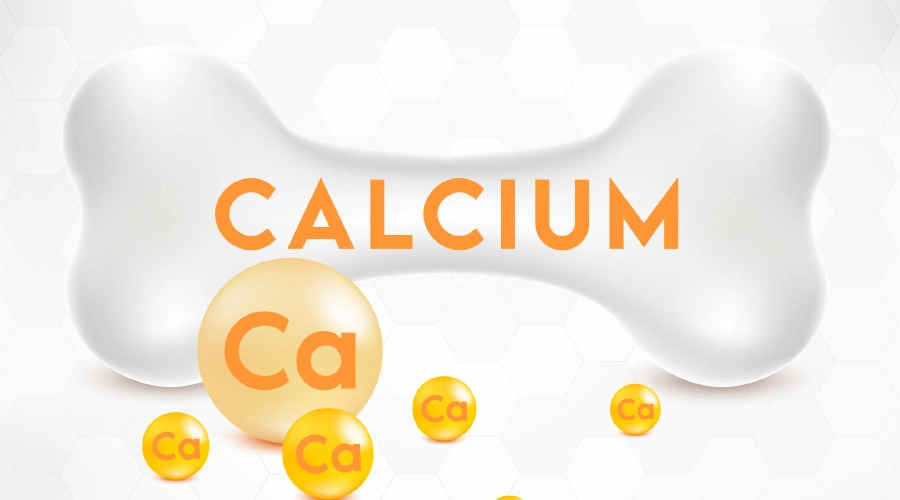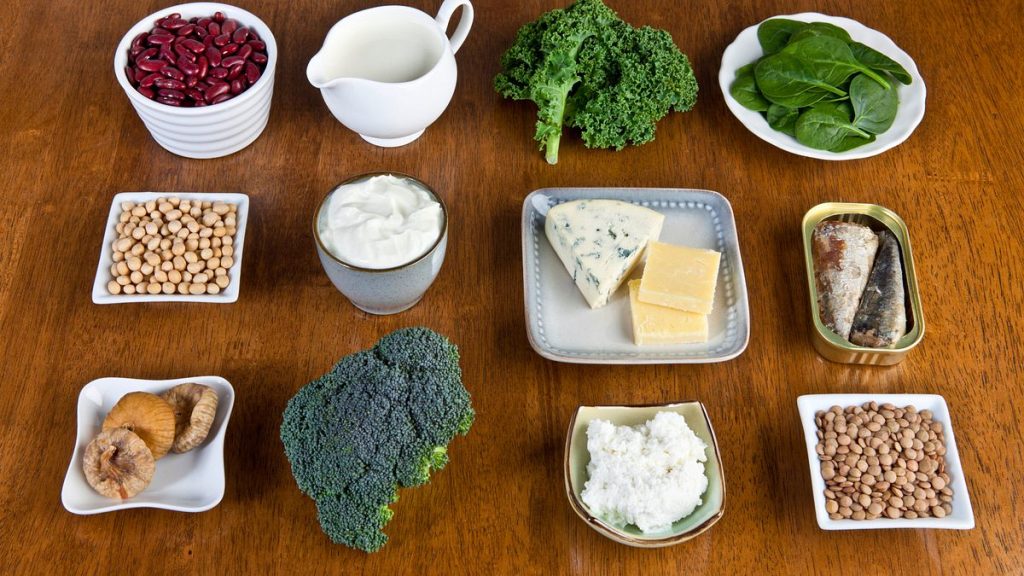What are the top Benefits of Molybdenum for you?
What is Molybdenum?
- Molybdenum is one of the several most important minerals required for a human body to stay healthy. This mineral is generally not much known but it is necessary in a tiny amount that plays a key role as a component to perform vital function of the body. WIthout its availability, harmful and deadly toxins and suffities could build up inside the body.
A human body requires molybdenum to operate proteins and genetic stuff like DNA. It is a trace element that functions as a cofactor for at least 4 enzymes namely:
- Aldehyde oxidase: works by breaking down aldehydes which could be toxic to a human body. Also helps the liver to break down several drugs and alcohol that are used in cancer therapy.
- Sulfite oxidase: works by converting sulfite to sulfate that prevents harmful build up of sulfites inside the body.
- Xanthine oxidase: works by converting Xanthine into uric acid that breaks down building blocks of DNA called nucleotides that are of no use.
- Mitochondrial amidoxime reducing component (mARC): It is thought to work by toxic byproducts caused by certain metabolism.
Benefits of Molybdenum in a human body

Although been an abundant mineral, there are number of vital health benefits possible due to role of Molybdenum in it such as:
- useful to process proteins
- processes DNA and other genetic materials
- removes toxins from the body
- works as a cofactor for several vital enzymes
- helps in energy production
- protects cells
- antioxidants properties
Natural Sources of Molybdenum
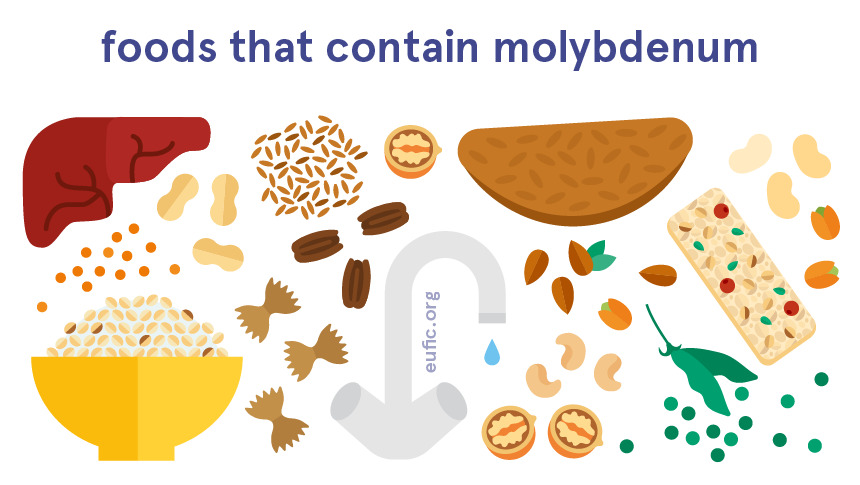
Molybdenum is a kind of mineral that is widely available in a number of food categories such as dairy products, meat, leafy vegetables, grains, nuts, fruits, etc. such as
- milk
- cheese
- black eyed peas
- rice
- nuts
- lima beans
- beef
- chicken
- eggs
- yogurt
- potatoes
- banana
- whole grains
- beef liver
- peanuts
- legumes
- soybeans and soy milk
- cauliflower
- spinach
- tomatoes
REFERENCES:
- https://www.eufic.org/en/vitamins-and-minerals/article/molybdenum-foods-functions-how-much-do-you-need-more
- https://magicofmom.com/molybdenum/
- https://ods.od.nih.gov/factsheets/Molybdenum-Consumer/
- https://www.eufic.org/en/vitamins-and-minerals/article/molybdenum-foods-functions-how-much-do-you-need-more
- https://www.ncbi.nlm.nih.gov/books/NBK222301/#:~:text=The%20Recommended%20Dietary%20Allowance%20(RDA,reproduction%20and%20growth%20in%20animals.
For more details, kindly visit below.

